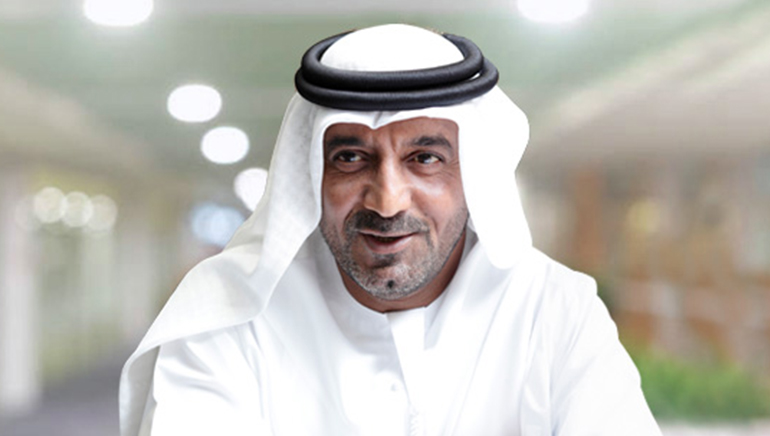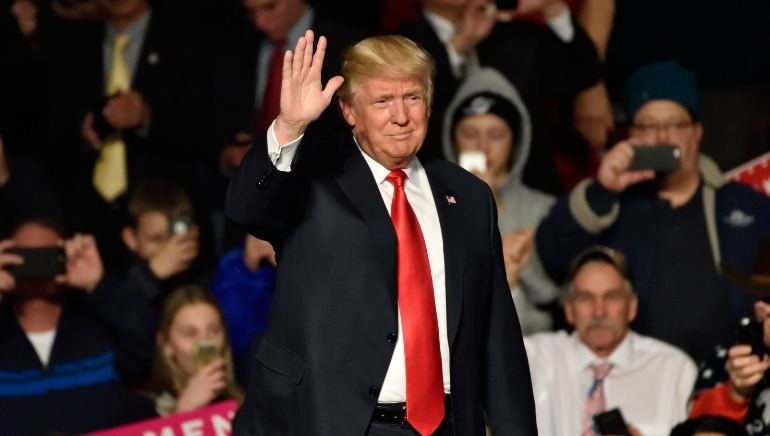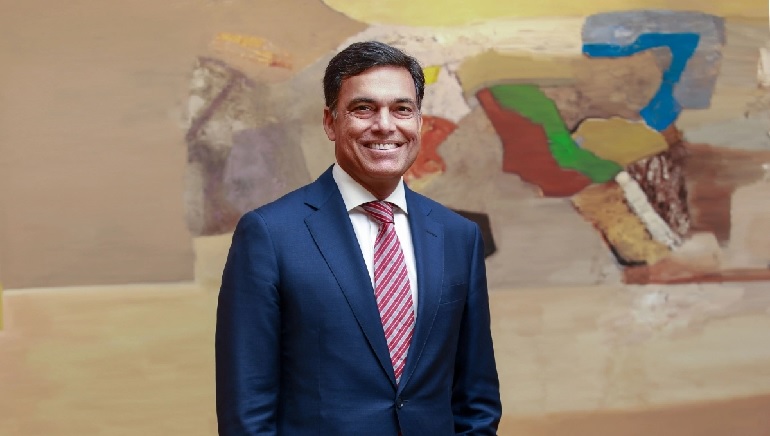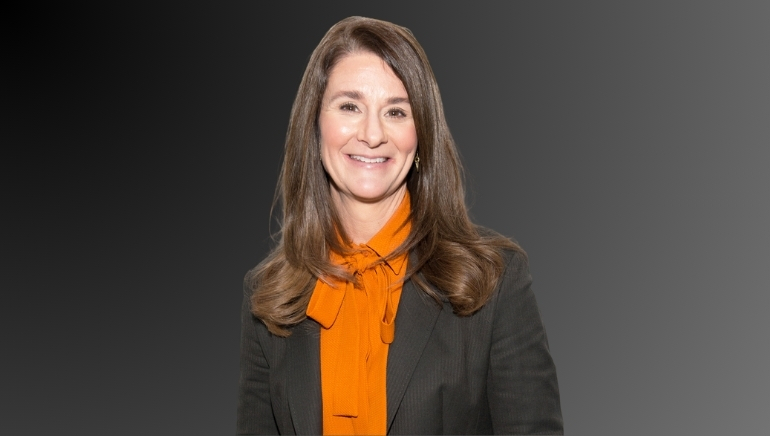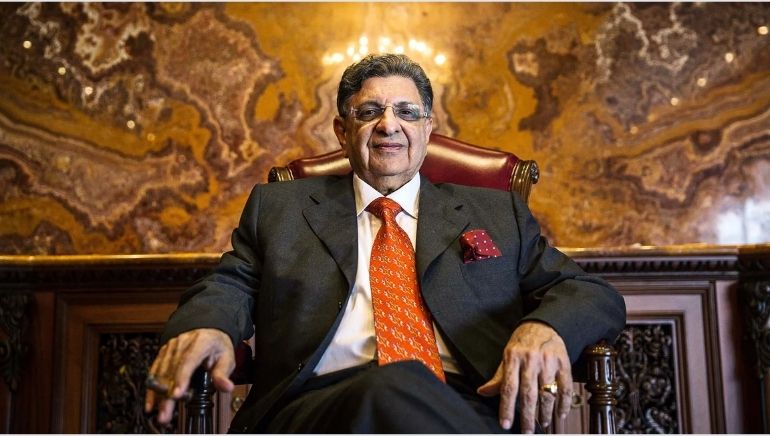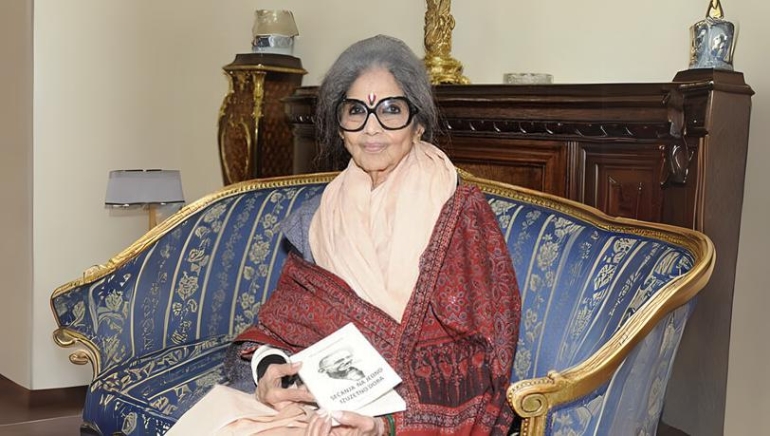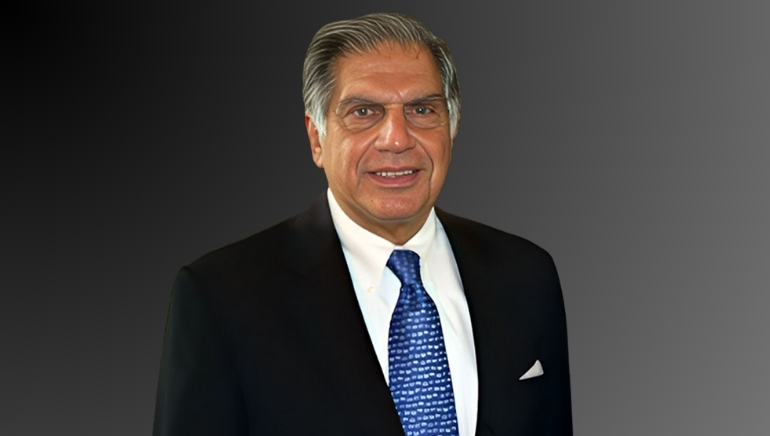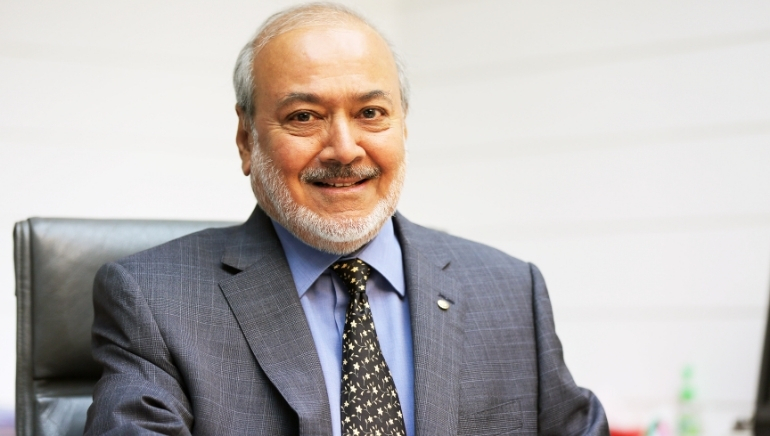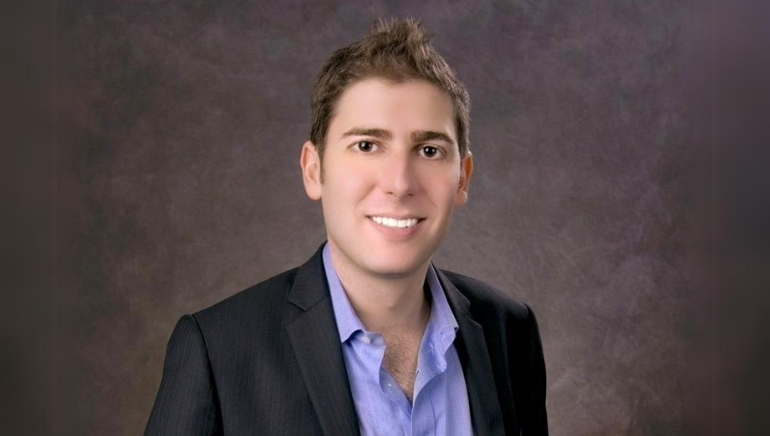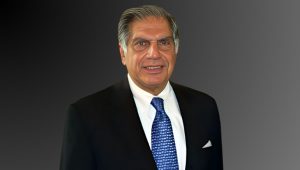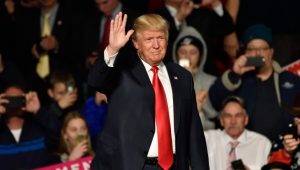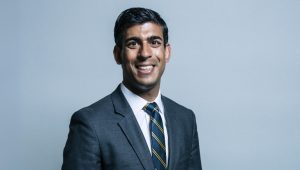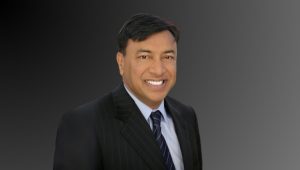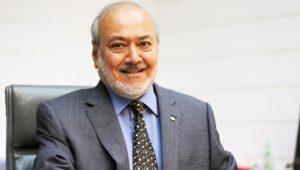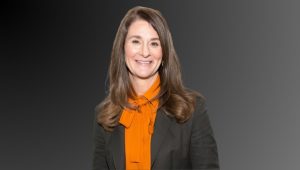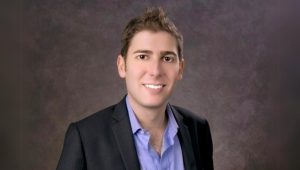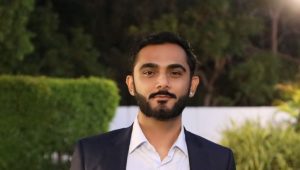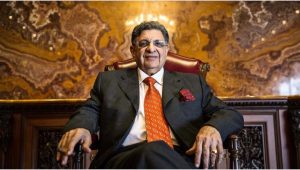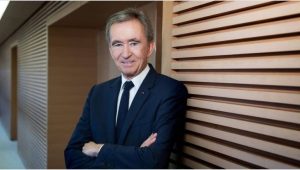COMMITTED TO NON-VIOLENCE
An author, speaker and renowned humanitarian, Ms. Tara Gandhi Bhattacharjee is known all over the world for promoting peace, solidarity and culture. Belonging to one of the finest lineages in the country, she is the grand-daughter of Mahatma Gandhi and carries a fine legacy of non-violence, peace and harmony with her. She has dedicated her life to Gandhi Smriti and Darshan Samiti by propagating the life-mission and thoughts of Mahatma Gandhi amongst different sections of society.
“BEING A SOURCE OF BREAD AND BEAUTY TO MILLIONS IN INDIA, A HAND-SPINNING WHEEL, THE CHARKHA, IS ALSO A MEDITATIONAL THERAPY. METAPHORICALLY AND LITERALLY, THE SUBJECT AND THE WORLD OF KHADI ARE INSEPARABLE FROM MY LIFE, SHE SAYS”
Ms. Tara Gandhi Bhattacharjee was born to the youngest son of Mohandas Karamchand Gandhi, Devadas, and daughter-in-law, Lakshmi Gandhi – the daughter of India’s last Governor-General C Rajagopalachari – on 24 April, 1934. She was the eldest child of her parents, and her childhood was rife with some of the most momentous memories with Mahatma Gandhi. She fondly remembers being a part of his evening prayers in Delhi and even visiting him at the Aga Khan Palace where he was put under house arrest in 1942 for 21 months.
AN UNFORGETTABLE CHILDHOOD
The granddaughter of both Gandhiji and Rajaji, Tara Gandhi Bhattacharjee’s childhood was populated by freedom fighters and leaders, who laid the foundation for an independent India. She is 88 now, but there was a time when, as a sprightly little girl growing up in Delhi in the 1940s, she bore witness to World War II, the tumultuous run-up to India’s freedom, the country’s tragic partition, and Gandhiji’s assassination.
Ms. Bhattacharjee spent some quality time with her grandfather and was highly influenced by his efforts to end social disparities, his way of life, and his ideologies. Currently, an Honorable Trustee of Kasturba Gandhi National Memorial Trust (KGNMT), Ms. Bhattacharjee has dedicated her life to working for Gandhi Smriti and Darshan Samiti. She also works for rural women and children with the KGNMT set up by Mahatma Gandhi.
Ms. Bhattacharjee’s husband was eminent economist, the late Dr. Jyoti Prasad Bhattacharjee. Her daughter Sukanya Bharatram is married to Mr. Vivek Bharatram and they have a son Akshar Vidur Bharatram. Tara’s son Vinayak Bhattacharjee is married to Louise Versteegh and they have three daughters — India Ananya, Anoushka Lakshmi, and Andrea Tara.
Tara Gandhi Bhattacharjee had the position of Vice-Chairperson of Gandhi Smriti and Darshan Samiti for nearly nine years. Gandhi Smriti is the site of the martyrdom of Mahatma Gandhi for truth and non-violence. She is also involved with Save the Ganga Movement, a Gandhian non-violent movement to protect rivers and the environment of the country.
WORKING FOR THE GREATER GOOD
For the last three decades, Ms. Bhattacharjee has been working with all devotion for the KGNMT, founded by Mahatma Gandhi in the memory of his wife. The trust is one of the oldest pre-independence, non�governmental institutions serving the needy women and children of rural India. In 2019, she was appointed the chairperson of the National Gandhi Museum, New Delhi. In 2016, Ms. Bhattacharjee was decorated with one of France’s top honours, The Order of Arts and Letters for her contribution in promoting peace, solidarity, culture, education and development.
Ms. Bhattacharjee is a leader who stands apart on the principles and values she follows. Just like her grandfather, she is also a staunch supporter of non-violence. “Non-violence and peace are a celebration of our consciousness to honour life and creation. This celebration of our consciousness should be translated into the objective of a people’s movement for cleaning the human mind of violence and protecting the environment from pollution. This celebration is a universal message that goes beyond the social, political and religious divisions,” she says.
According to her, non-violence means much more than just the lack of violence. It is also action and introspection. Non�violence is the courage of truth with love. It is the reawakening of the spirit in harmony with nature and the environment and all forms of life.
She also suggests one to understand Satyagrah, which is the quintessence of Gandhism. In a letter to Lord Hunter, Gandhiji explained Satyagrah to be a movement based entirely upon truth. It replaces every form of violence, direct and indirect, veiled and unveiled and whether in thought, word or deed. Satyagraha is for the strong in spirit. A non-believer or a timid person cannot follow it. And, to follow it, the most important training is mental not physical.
Ms. Bhattacharjee promotes Khadi fiercely. The handspun fabric that was introduced by Mahatma Gandhi is a symbol of growth and creation. “Being a source of bread and beauty to millions in India, a hand-spinning wheel, the Charkha, is also a meditational therapy. The world again needs to get acquainted with the fabulous texture of the handspun fabric and the hand-spinning wheel. I am unfolding the meaning of life and creation on the threads of Charkha. Metaphorically and literally, the subject and the world of khadi are inseparable from my life,” says Tara Gandhi Bhattacharjee..
She has penned down some vivid and inspirational moments from her childhood in her book – Reflections of an Extraordinary Era that she published a few years ago. The book is an inspirational and vivid behind-the-scenes biography of the Gandhi family and the commotion of India’s independence. In the book, the author recollects Bapu’s evening prayers in Delhi, visiting him at the Aga Khan Palace, and later meeting him in Shimla during her school break. Inspiring and heart-warming, the book presents small but priceless memories of Gandhiji’s illustrious life, from Satyagrah to his efforts to end social disparities at Harijan Ashram, kindness towards those visiting him for advice, and his life as a family man.
LEADING A NO-FUSS LIFESTYLE
To be an inspirational leader, one has to be grounded and in touch with their inner self all the time. Ms. Bhattacharjee is very clear on how she wants to spend her time and what she wants to give attention to. Her lifestyle is truly inspiring and one can learn a thing or two about mindful living from her.
She gives a lot of importance to a good night’s sleep. “It helps you to be energetic and positive in the morning,” she says. As soon as she wakes up, she avoids any gadgets or even the newspaper. She says that it is best to avoid any negative or chaotic thoughts to enter your mind first thing in the morning. Instead, she starts her day with some positive affirmations and setting the tone for the day. She also likes to call an old friend in the morning to get some positive vibes through a good conversation. “Finish difficult tasks in the morning and give proper nourishment to your body every day,” she adds. As for her tips for leading a mindful life, all she has to say is that one should keep searching for peace of mind. Never deplete your energy with negative thoughts and give the mind lots of uncluttered moments. “A mind free of fear, free of clutter is an energetic mind,” she underlines. As a life lesson and people who worship Mahatma Gandhi, Ms. Bhattacharjee always says that one should keep Gandhiji in their conscience. She urges people to read his writings to understand him best and then follow his principles. She is hopeful in today’s youth, who question the norm and search for Gandhian thoughts.





